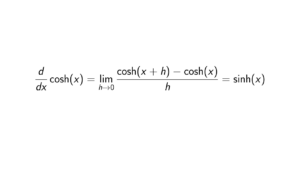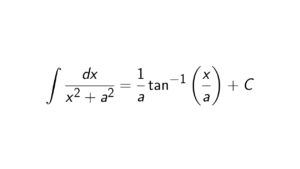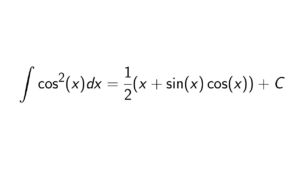Proof. We will explicitly determine if the group \mathbb{Z}/2\mathbb{Z} \times \mathbb{Z}/2\mathbb{Z} can be generated by one of its own elements. Recall that we have the group (\mathbb{Z}/2\mathbb{Z} \times \mathbb{Z}/2\mathbb{Z}, +) and that
\begin{align*}
\mathbb{Z}/2\mathbb{Z} \times \mathbb{Z}/2\mathbb{Z} = \{(0,0),(1,0),(0,1),(1,1)\}.
\end{align*}\begin{align*}
(1,0) + (1,0) = (0,0), \quad (0,0) + (1,0) = (1,0).
\end{align*}\begin{align*}
\langle (0,0) \rangle &= \{(0,0)\} \\
\langle (0,1) \rangle &= \{(0,0),(0,1)\} \\
\langle (1,1) \rangle &= \{(0,0),(1,1)\}
\end{align*}

